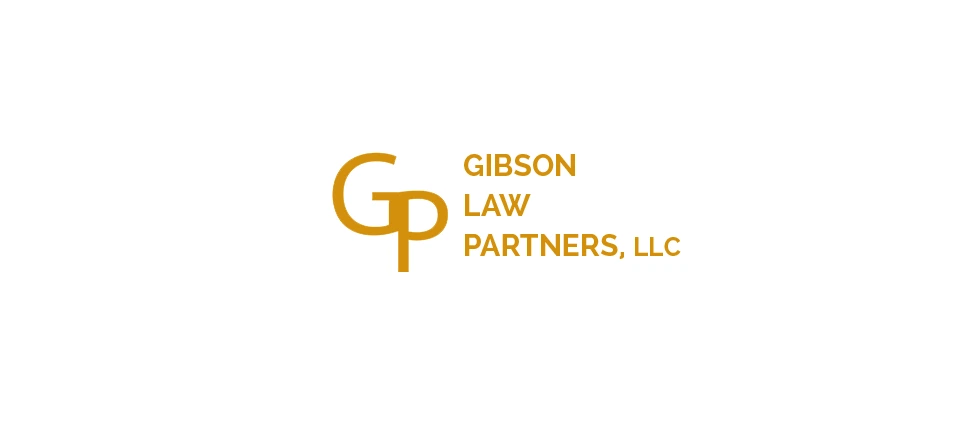When AI generates a song, can it be copyright infringement?

Back in September, we posted a blog on the rise of artificial intelligence capable of creating content such as photographs, magazine articles and computer code, and the increasing concern of copyright violations. Generative AI works by scraping existing content to generate a new work based on prompts that a human user types in. As we discussed in the previous post, this creates a possibility that generative AI platforms like ChatGPT are not creating new, unique works so much as infringing on the copyrights of human writers and artists who have posted their work online.
The rise of AI in music creation
Since that post, artificial intelligence has continued to make significant strides in various creative fields, including music. AI platforms like Suno and Udio can now generate songs that mimic the style and sound of popular artists. This has raised important questions about copyright infringement, especially for business owners in the music industry.
Recently, major record labels such as Sony Music, Universal Music Group, and Warner Music filed lawsuits against Suno and Udio. The AI companies are accused of using copyrighted recordings to train their AI systems without proper authorization. The lawsuits highlight the music industry’s concerns about AI-generated content potentially infringing on existing copyrights.
The music industry is worried that AI-generated songs could flood the market with imitations, thereby reducing income for human artists and songwriters. Similar fears arose in the past when synthesizers and drum machines became popular. However, the unique capabilities of AI to closely mimic existing music have amplified these concerns.
What constitutes music copyright infringement?
Determining whether an AI-generated song infringes on copyright can be complex. Music consists of various elements such as melody, harmony, and rhythm, making it harder to assess infringement compared to written text, where theft is relatively easy to spot. Recent music copyright infringement lawsuits, such as the 2018 suit where musicians Pharrell and Robin Thicke were found to have infringed on the estate of Marvin Gaye by copying the song “Got To Give It Up” in their hit “Blurred Lines,” could help give courts a yardstick to go by in future litigation involving AI music.
The role of fair use
Another critical aspect of these cases is the concept of fair use, which allows for the unauthorized use of copyrighted works under certain conditions. AI companies argue that their use of existing recordings to create new songs falls under fair use. However, the courts have yet to decide on this issue in the context of AI-generated music.
Seeking legal advice
For business owners in Louisiana using generative AI in their work or those who have copyrights to protect, the evolving legal landscape around AI-generated music presents both opportunities and challenges. If you have concerns about how AI might impact your intellectual property, consulting a commercial litigation attorney can provide valuable guidance and help protect your interests.

